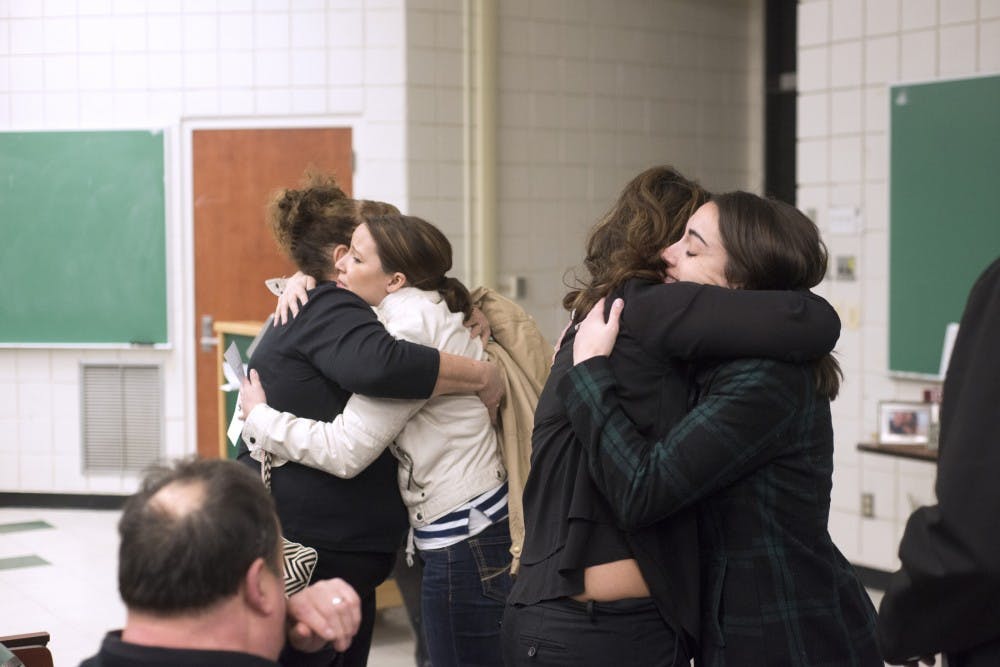Graduate student Max Monroy-Miller will be remembered by his friends, family and MSU as someone who could unite people. Not only was he skilled at doing it but he devoted his life to it, his friend and colleague Christian Ramirez said. He was an integral influence in the Latino community at MSU and the activist community as a whole, where he sought to bring people of different backgrounds together.
Monroy-Miller spent his time at MSU working to make it a better place for every student who attended.
“He could bring people together from anywhere,” Ramirez said. “And those people would thank him for it afterwards.”
Monroy-Miller died March 15. There is no information on the cause of his death as of Sunday afternoon.
Monroy-Miller completed his undergraduate education at MSU and was an active member of myriad groups on campus during his time as a graduate student, including Omega Delta Phi — MSU’s first multicultural fraternity. The fraternity advocates for Latino education and empowerment at MSU and across the country.
His fraternity brother, Francisco Velazquez, said Max was the reason their Greek letters meant something.
“You are not a brother simply because you wear letters, Max showed us that a brother uses the motto of brotherhood to uplift, to teach, to grow, to protect,” he said.
Monroy-Miller was also a founding member of the Michigan Indigenous Chicano Community Alliance, or MICCA, which he helped found because there were no graduate student organizations that represented the needs of Latino people at MSU and in the Lansing area.
The group coordinated and sponsored the Día de los Muertos event on campus last year, the first of its kind at MSU.
“He always had the goal of building community,” doctoral student and member of MICCA Connie Rojas said. “We had a month to plan it and Max basically put the event on by himself."
Monroy-Miller was also active in Liberate MSU, the MSU Department of Teacher Education, MSU’s Council of Graduate Students where he served as the curriculum, instruction and teacher education representative and MSU’s Chicano/Latino Studies Program.
He was one of several undergraduates in the late 90s and early 2000s who pushed the university to create a Chicano/Latino Studies Program in the first place, Ramirez said. And he was still fighting to gain department status for the Chicano/Latino studies program up until his passing.
“He sought to further institutionalize Chicano studies,” Ramirez said. “We don’t have really any funding or graduate assistants or teaching assistants, so we run the program ourselves.”
Ramirez said he will miss most the nights when he and Monroy-Miller would stay up late devising plans to gain department status for the program.
Vice president for Student Affairs and Services Denise Maybank said Monroy-Miller helped the university progress through his dedication and passion for his work.
“Max was a force that moved through MSU and was the bridge for so much, and because of him we are better and we are changed,” Maybank said. “When I think about not having Max, I’m diminished because of his commitment to making this place better.”
Monroy-Miller helped to make MSU a more welcoming place for students who might otherwise feel forgotten in a sea of predominantly white students. For most of his friends and family, it was difficult to describe how he made people feel.
“It’s hard for all of us to try to capture exactly who he was,” COGS vice president of external affairs Dee Jordan said. “I believe there are few people God sprinkles on earth who come to transcend and I have no doubt Max was one of those people, that his purpose here was to transcend.”







